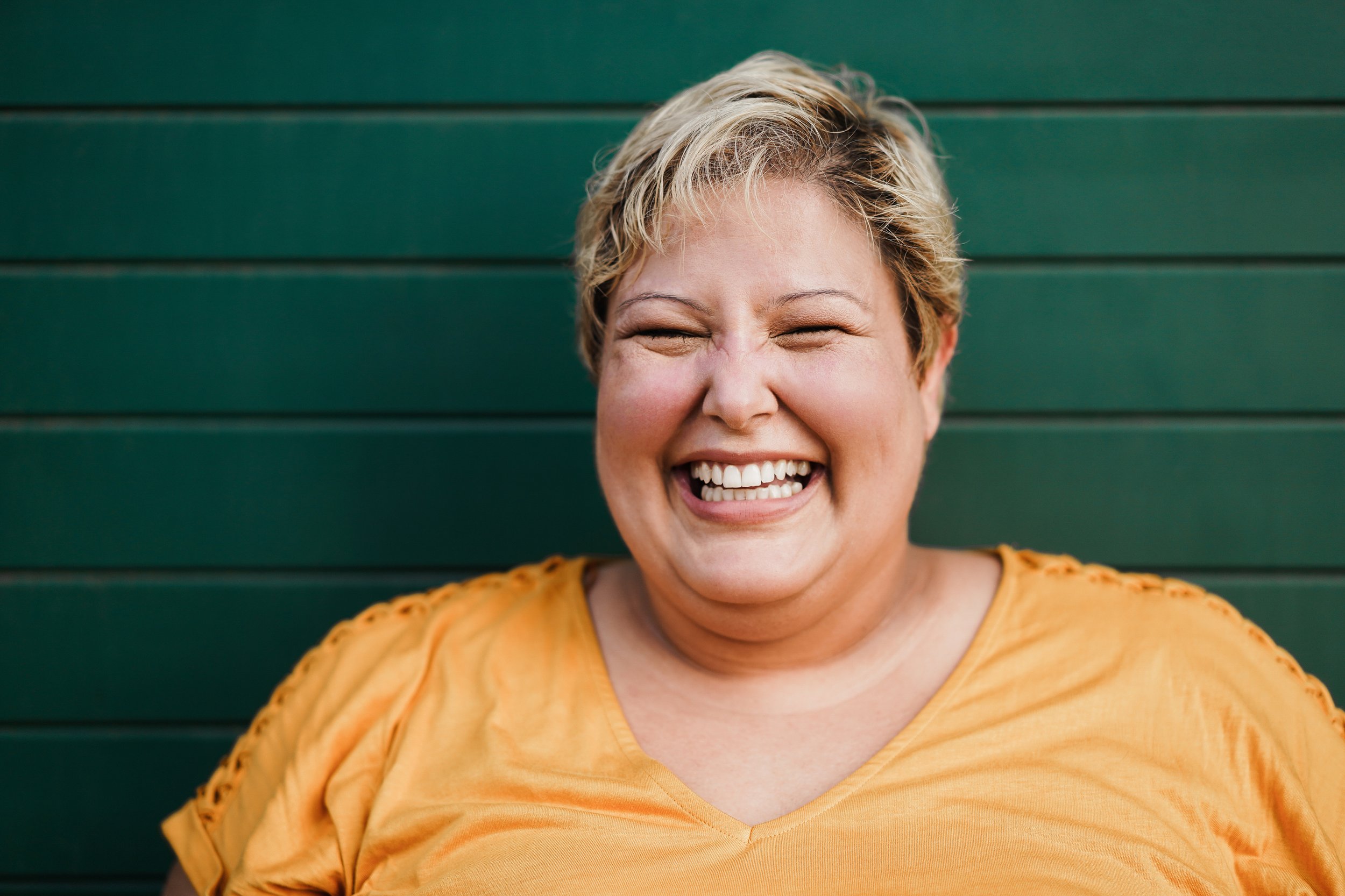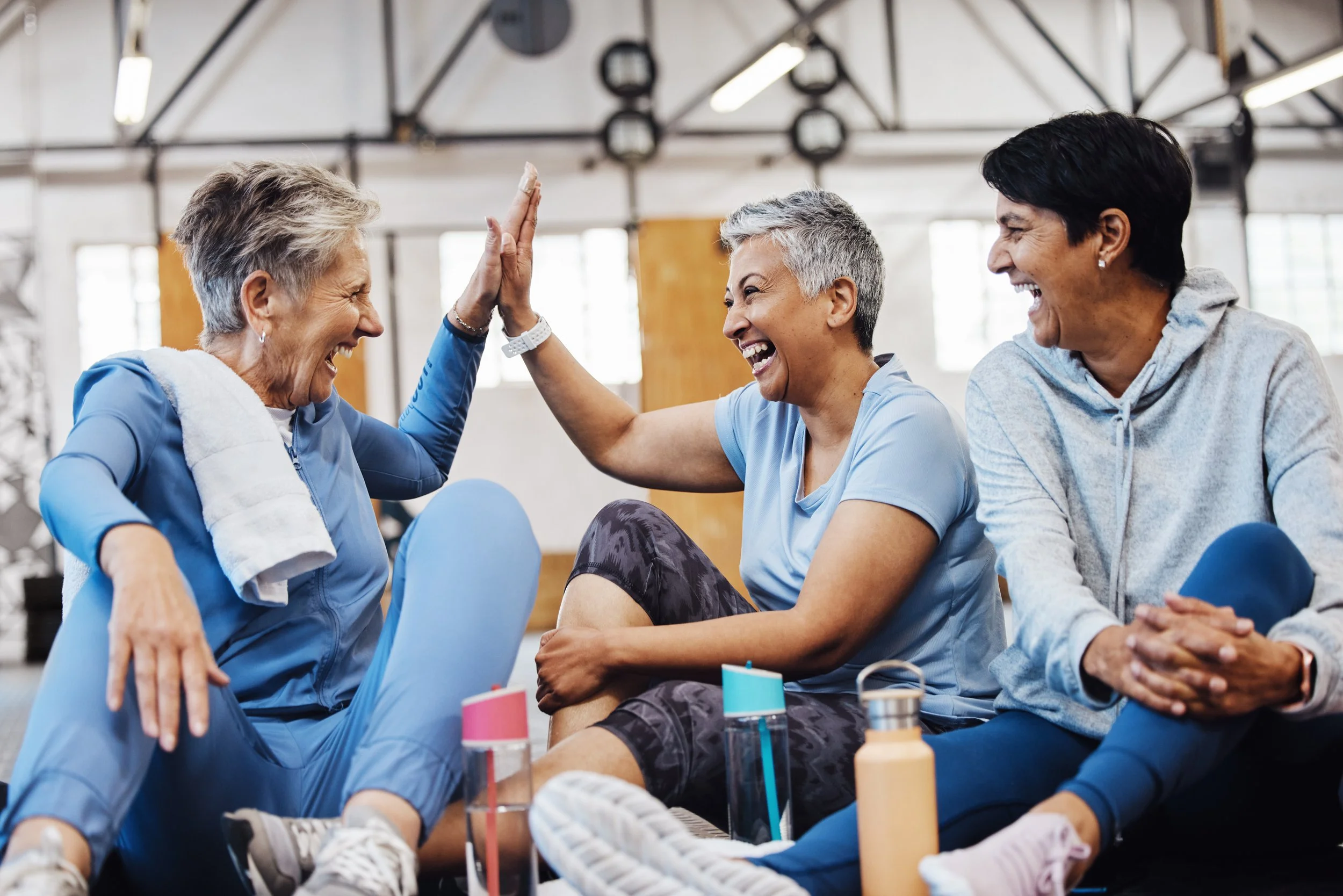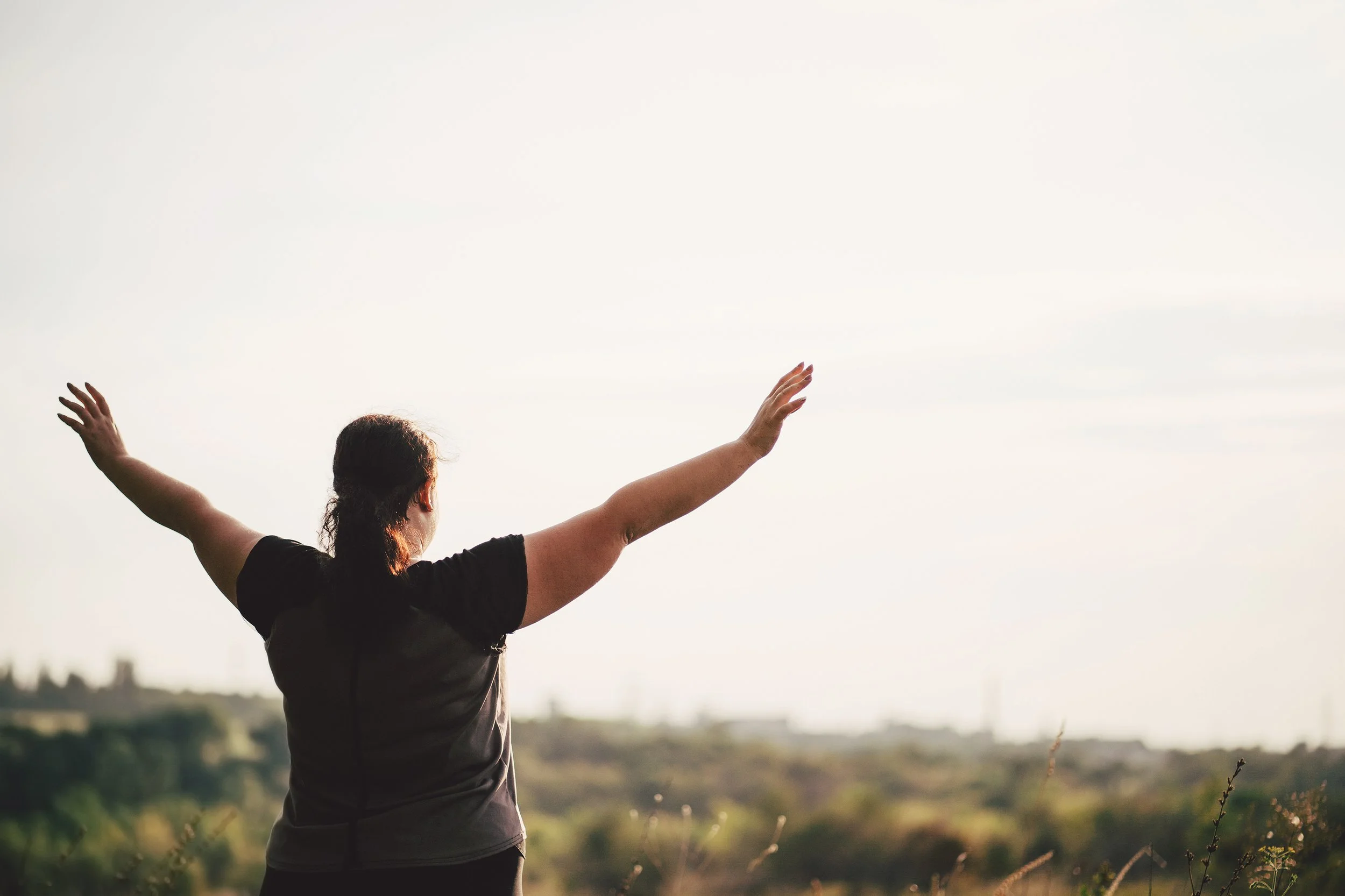
Knee osteoarthritis prevention clinical trial in Sydney
The University of Sydney’s TOPS study is testing whether diet and exercise can help prevent knee osteoarthritis in women aged 50 years or older.
Knee osteoarthritis is a leading cause of disability among adults. The University of Sydney aims to find out whether lifestyle changes, such as improving diet and increasing physical activity, can reduce the risk of developing knee osteoarthritis.
The study is suitable for people with no knee pain.
The survey will take approx. 10 mins to complete.
What does the study aim to acheive?
Aim 1
To find out if losing weight, staying active and keeping the weight off can help prevent osteoarthritis in women.
Aim 2
To find out if a weight loss program is a cost-effective way to help prevent osteoarthritis in women.
Who can take part?
The study is suitable for people who:
Are female,
Are aged 50 years or older
Can speak and read English sufficiently to understand study procedures, complete questionnaires and provide informed consent
Have a of BMI of 30 or higher
Have no pain or infrequent pain in at least one knee
Able to commit to weekly diet and exercise classes (1-2 hours per week) or health education classes over a 48-month period
Are willing and able to travel for the study visits. Study visits will occur at Castlereagh Imaging in St Leonards and Royal North Shore Hospital in St Leonards
Interested in joining the clinical trial?
The survey will take approximately 10 minutes to complete. You can save your progress and return at any time.
TOPS knee osteoarthritis prevention study FAQs
-
To join TOPS, complete the online screening survey below.
Online screening surveyAt the end of the survey, you will be notified if the study suits you. If it does, a member of the team will be in contact to explain the next steps.
-
You will remain in the study for 48-months from your first study visit.
-
If you are eligible for the study, you will be randomly allocated to either the Diet and exercise group or the healthy lifestyle group:
Diet and exercise program
If you are assigned to the diet and exercise intervention group, you will receive a 4-year program of diet and exercise sessions described below.
Diet component
You will be asked to carefully monitor how much you eat and to follow a low-calorie diet designed for you, with the goal of losing weight. The diet will include up to 2 meal replacements (similar to Slim Fast liquid supplements and nutritional bars) per day for 9 months. For the second/third meals, you will follow a weekly menu plan and recipes composed of traditional foods. A study nutritionist will help you to develop a food plan for the second and/or third meal that is modified to your individual preferences. You may choose to not use the meal replacements and follow a diet using traditional foods for all meals. The meal replacements will be available for use throughout the entire 4 years of the study.
You will attend regular classes to help you with your diet program. The classes will consist of face-to-face group sessions and individual sessions which will be conducted either face-to-face or remotely (zoom, phone, email, text). Sessions will be weekly for the first 9 months (3 group sessions and 1 individual session per month), roughly bi-weekly for months 10 to 24 (2 group sessions per month and 1 individual session every other month), and roughly monthly for months 25 to 48 (1 group session per month and 1 individual session every other month).
The minimal weight loss goal is 10% of your body weight (approximately 10 kgs for a 100 kg person). Some people will lose more weight than that, and others will lose less.
Exercise component
You will be asked to attend a one-hour, group exercise class twice per week for the first 2 years of the study. The class will consist of 15 minutes of aerobic activity (walking, stationary bikes, elliptical trainer, etc.), followed by 20 minutes of strength training involving leg weights, bands, and/or machines, followed by another 15 minutes of aerobic activity, and 10 minutes of cool-down exercises. The goal of the exercise program is to improve your fitness. Your exercise instructor will monitor your progress and will help you reach your fitness goals.
In years 3 and 4, you may continue coming into the study facility or opt to transition to other exercise classes.
Study exercise classes will be conducted at Royal North Shore Hospital or a local community centre. Study exercise classes will be conducted at The Royal North Shore Hospital or at a local community centre.
Healthy Lifestyle sessions
If you are assigned to the healthy lifestyle sessions group, you will attend quarterly group sessions at Royal North Shore Hospital or a local community centre.
If you are assigned to the healthy lifestyle sessions group, you will attend quarterly group sessions at The Royal North Shore Hospital or at a local community centre. You will also receive quarterly newsletters and text messages.
You will be provided with information on healthy eating and health behaviours. The information will cover various health topics on nutrition, health & wellness, and chronic diseases. Exercises will be performed at each group sessions. Experts will give wide-ranging lectures.
-
No. This is a randomised trial meaning that participants will be randomly assigned by a computer to either diet and exercise group or health education group.
-
If a person is eligible for the study, they will attend six (6) in-person visits over a 48-month period:
Screening visit 1 (at the beginning of the study)
Screening visit 2 (at the beginning of the study)
12-month testing
24-month testing
36-month testing
48-month testing
Note; if a person is not eligible for the study, they may still have attended screening visit 1 and 2.
In addition to this, there will be weekly diet and exercise classes which all participants in the study are required to attend for the duration of the study.
-
No. Participants will be required to have their X-ray taken at Castlereagh Imaging in St Leonards. This is to ensure that knee positions in all X-rays are the same.
-
No. We require all participants to have an X-ray and MRI at Castlereagh Imaging in St Leonards. The requirements of the X-ray are specific to the study to ensure that all participants are assessed in the same way. The above location has been briefed with the requirements of the study.
-
A MRI is taken during the screening process and, if you are admitted into the study, at month-24. The MRI scans are important to compare cartilage growth before and after the study. For this reason, if you have a MRI contraindication such as a pacemaker or cochlear implants, you will not be able to join the study.
-
No, the study is only open to participants living in New South Wales (NSW), Australia and who can travel to the study site in St Leonards.
-
1. If you are interested in joining TOPS, you will first need to complete the online screening survey to ensure that the study is right for you.
2. If the study is potentially suitable for you, a study team member will contact you to discuss some of your answers and explain the next steps of the screening process.
Ready to join the TOPS knee osteoarthritis prevention study?
Want to take control of your health in a safe and supportive environment? Join us.
If you have a question or would like further information about the study, please send an email to tops.study@sydney.edu.au or complete this form.



